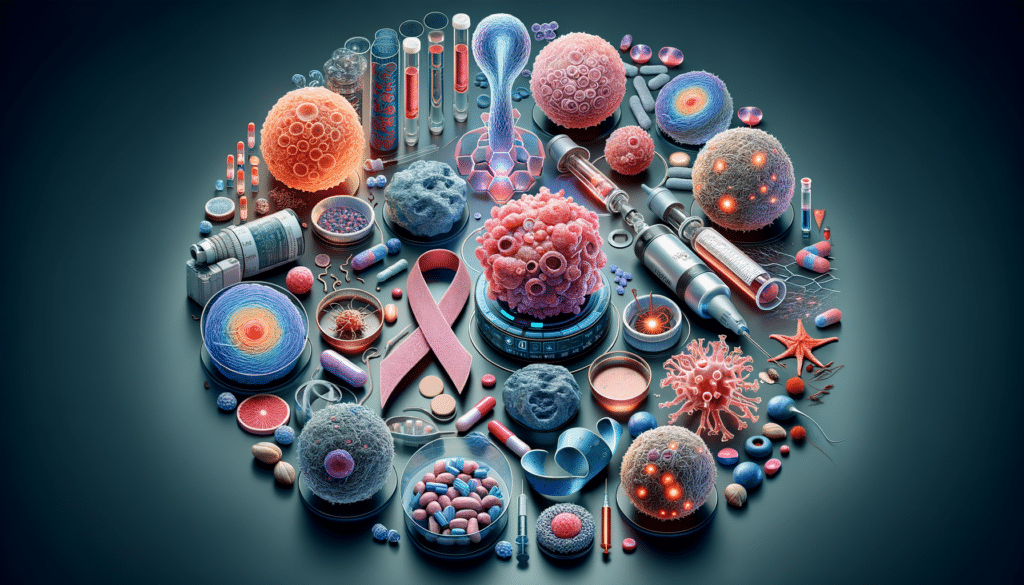Understanding Triple Negative Breast Cancer
Triple Negative Breast Cancer (TNBC) is a subtype of breast cancer characterized by the absence of estrogen receptors, progesterone receptors, and excess HER2 protein. This makes TNBC particularly aggressive and difficult to treat, as it does not respond to hormonal therapies or drugs that target HER2 receptors. TNBC accounts for approximately 10-20% of all breast cancers and is more common in younger women, African American women, and those with a BRCA1 mutation. The aggressive nature of TNBC often leads to a higher risk of recurrence and metastasis, emphasizing the need for effective treatment strategies.
Current Treatment Options
The primary treatment for TNBC is chemotherapy, which can be administered before (neoadjuvant) or after (adjuvant) surgery. Chemotherapy regimens often include a combination of drugs such as anthracyclines and taxanes, which have shown efficacy in reducing tumor size and improving survival rates. Despite its effectiveness, chemotherapy is associated with significant side effects and a high rate of relapse. Radiation therapy may also be used to target residual cancer cells post-surgery. However, the lack of targeted therapies remains a significant challenge in the management of TNBC.
Emerging Therapies and Innovations
Recent advancements in TNBC treatment focus on immunotherapy and targeted therapies. Immunotherapy, particularly immune checkpoint inhibitors, has shown promise in enhancing the body’s immune response to cancer cells. Drugs targeting PD-1/PD-L1 pathways have been approved for use in metastatic TNBC, offering new hope for patients. Additionally, research into PARP inhibitors for BRCA-mutated TNBC is ongoing, with early studies indicating potential benefits. These emerging therapies aim to provide more personalized and effective treatment options for TNBC patients.
The Role of Clinical Trials
Clinical trials play a crucial role in advancing TNBC treatment. They provide a platform for testing new drugs and combinations, aiming to improve outcomes for patients. Participation in clinical trials offers access to cutting-edge therapies and contributes to the collective understanding of TNBC. Researchers are continually exploring novel approaches, such as antibody-drug conjugates and cancer vaccines, to expand the arsenal against TNBC.
Future Directions and Challenges
The future of TNBC therapy lies in the development of more targeted and less toxic treatments. Ongoing research is focused on understanding the molecular and genetic underpinnings of TNBC to identify new therapeutic targets. Challenges remain, including the heterogeneity of TNBC and the need for biomarkers to predict treatment response. Collaborative efforts between researchers, clinicians, and patients are essential to translate scientific discoveries into clinical practice, ultimately improving survival and quality of life for TNBC patients.





